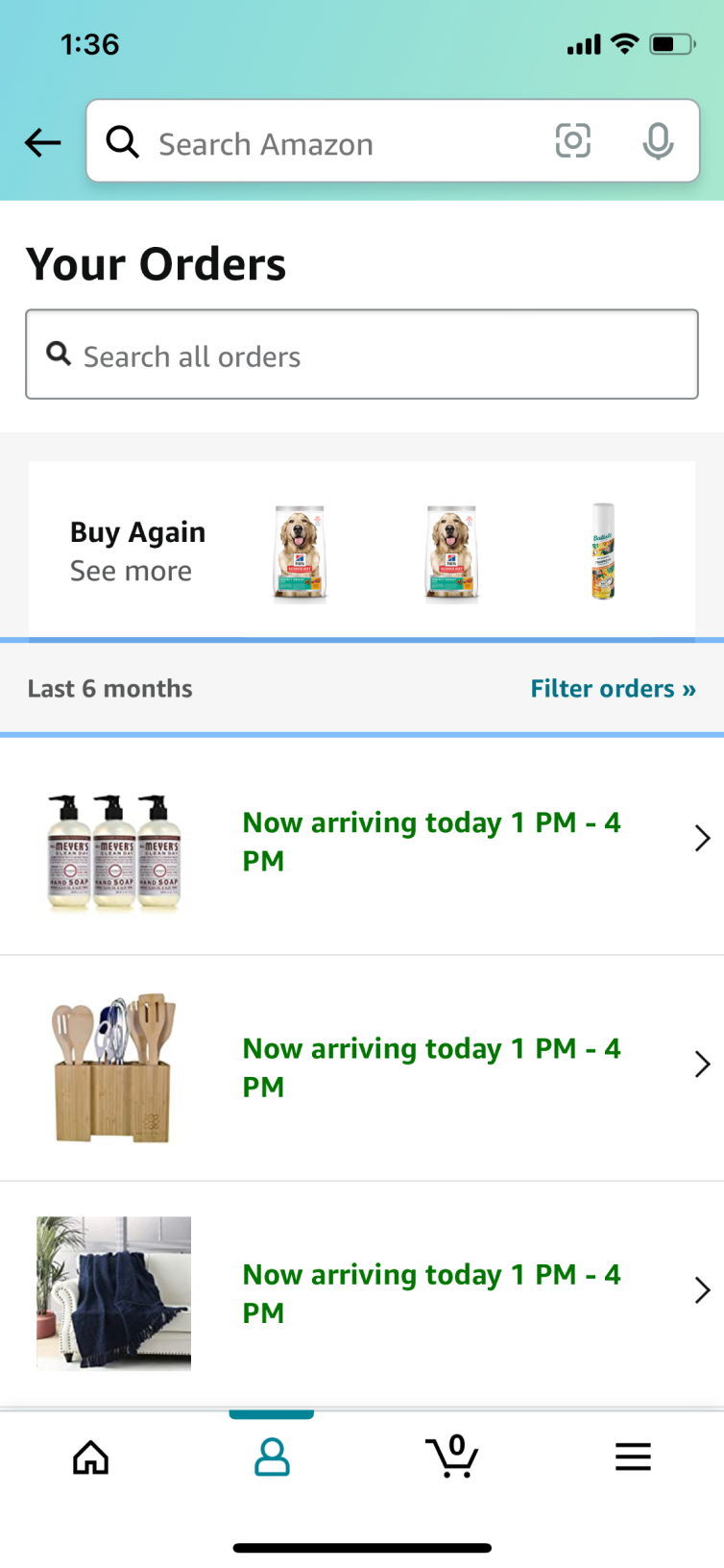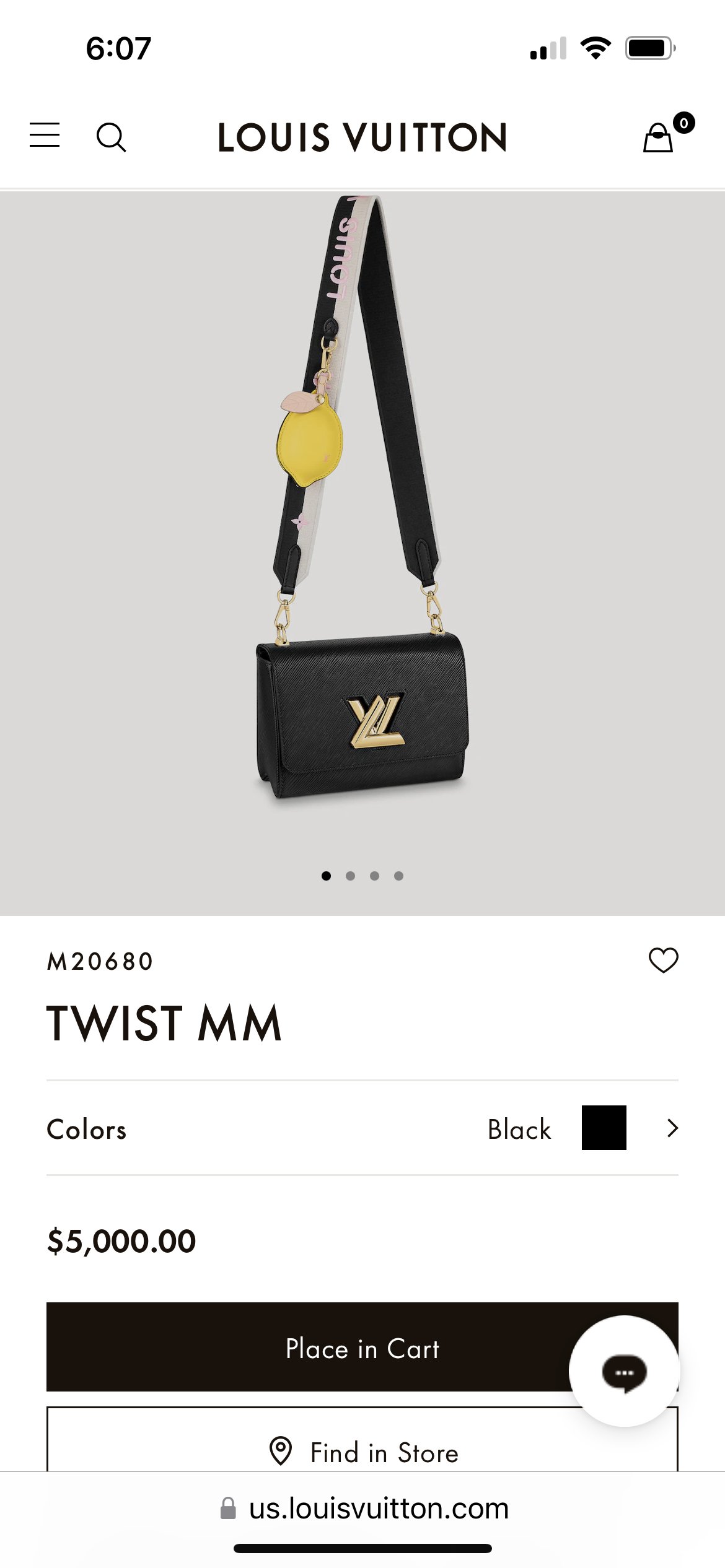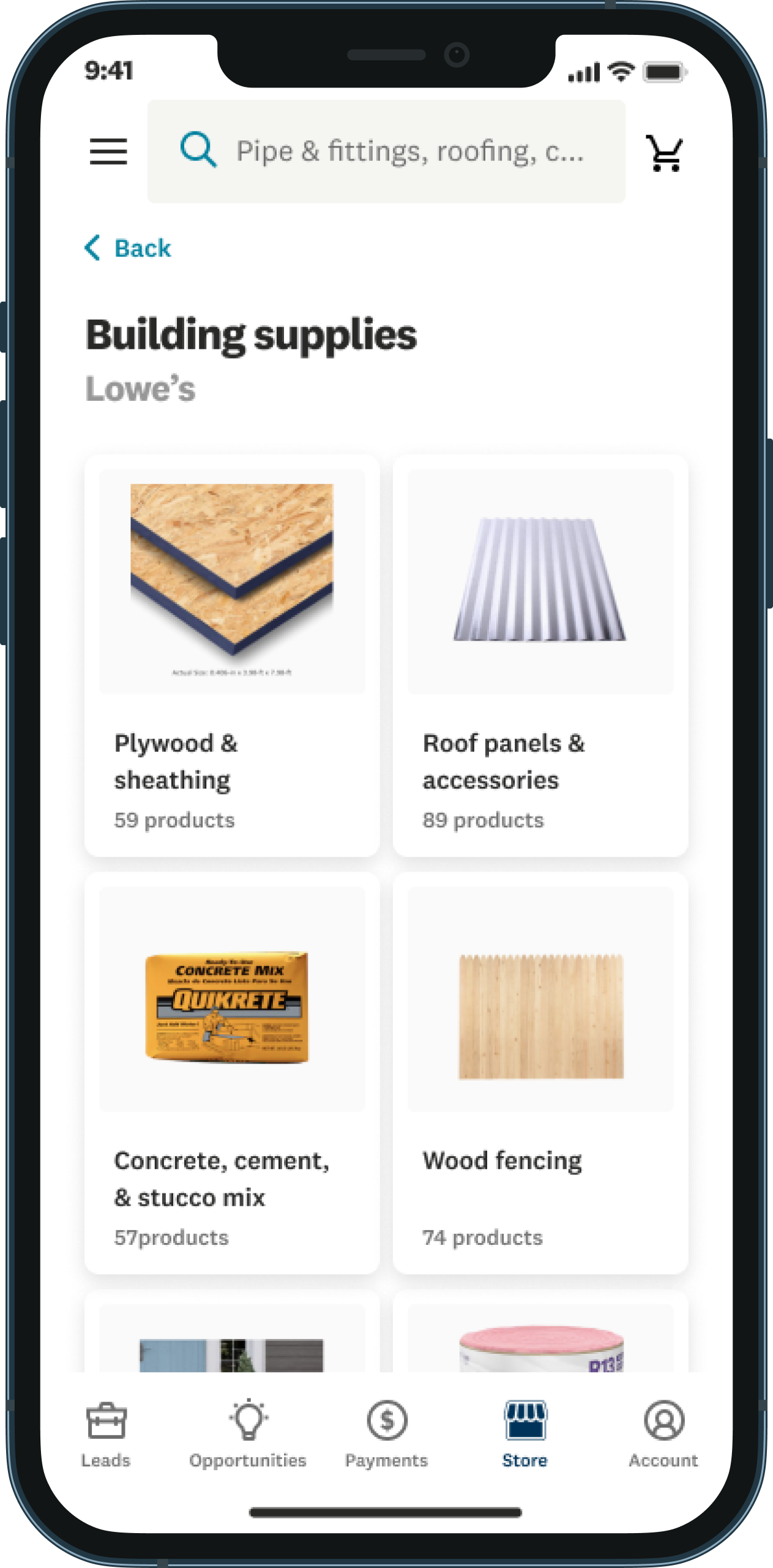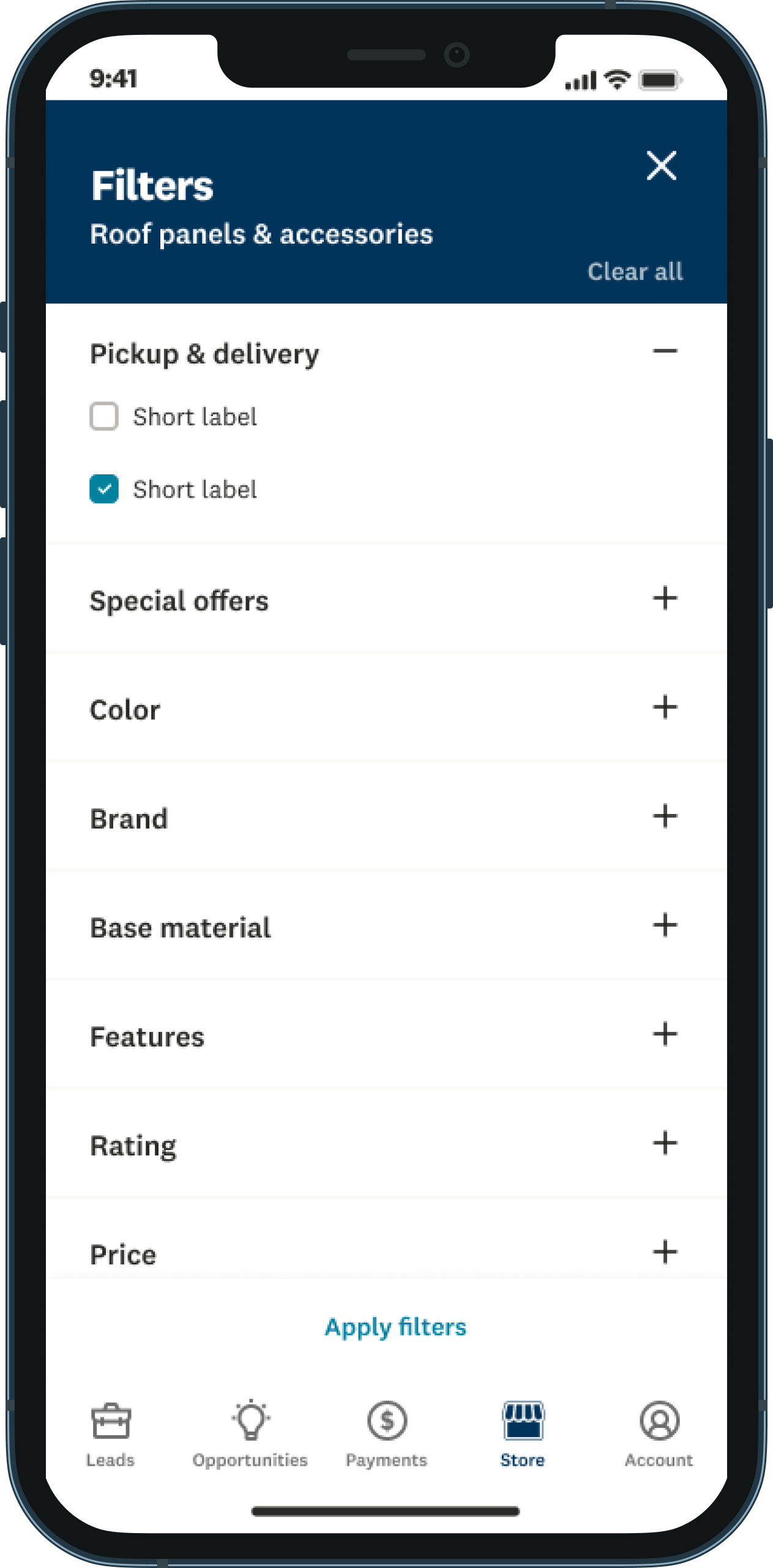Mobile App
E-commerce Design
The purpose of this project was to make the contracting process easier for customers and professionals by allowing contractors to purchase the supplies they needed as they were on the move between job sites.
Note: Company name and logos have been scrubbed and/or replaced with false names.
outcomes & outputs
8.1%
Pilot conversion rate
35,000+
Product catalog designed for
$500,000
Projected first year revenue
Goal
Create a Shopify storefront for contractors to buy and browse all the products they need for their jobs with different retailers (using Lowe’s as an example) from the company’s app. This is helpful for retailers to increase revenue as well.
I was the primary designer and coordinated with the client’s team of designers, researchers, and business stakeholders. I worked with a team of 4 developers.
Team
Overview
Context & timeline
We used a phased approach to gather insights and gradually release the e-commerce experience to customers. The phase 1 release featured 1 retail partner to a group of customers who matched certain qualifications.
Why would this matter to users?
+ Discounts
+ Convenience
+ Ability to compare products and prices
+ Delivery to job sites and remote locations
Constraints
- Timeline: “Quick and dirty” testing
- Limited analytics data for the concept
- Lack of content strategy alignment
Timeline
Questions to answer
Pre-launch questions
1. What is the expected user flow? And what is the user’s main goal? Our current hypothesis is, “The user’s intent is to search for a specific product; therefore, the search bar is the primary 1st desired action,” correct?
2. What are the key decision points along the journey that we’ll need to address?
3. What is the breakdown of the ideal user groups? How is the primary user persona defined? If there are different user segments, how are they different from each other?
4. What motivates the user to engage with this product and how should that inform our designs?
User testing
1. What is the most valuable part of this experience to the primary user group?
2. Why is a user more likely to shop in this experience vs an existing online store (Lowes, Ace, etc)?
3. Is this experience intuitive?
4. Does the user understand the purpose of this product?
5. What motivates the user to engage with this product and how should that inform our designs?
6. What is the user’s main goal when they get to the materials store?
7. How is the user’s environment affecting their use of the product?
Post-launch questions
1. What’s the proportion of users who continue browsing once entering the site? % of users who use the search bar vs choosing to browse?
2. What is confusing and/or difficult for the user in this experience?
3. What is the most valuable part of this experience to users?
4. What edge cases should we continue thinking about?
Inspiration






User flow






Wireframes





How things wrapped up…
My client, including the CEO, loved the concept and is using this design and system for another business unit today. Our research led us to pause before Phase 3 (integrating with a vendor) because a partial rollout on their app was going to be too risky and expensive. They’re continuing to test the user’s appetite for the store.






